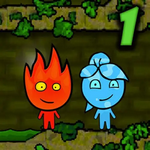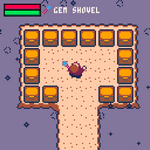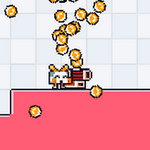
territorial Unblocked
## The Wild and Wonderful World of Territorial Games: Beyond the Board and Into the Arena
Territorial games, those captivating contests of strategy and resource management focused on claiming and controlling space, have captivated humans for centuries. From ancient board games to modern esports, the fundamental drive to expand influence and dominate territory remains a compelling theme. But what exactly defines a territorial game, and what makes them so enduringly popular?
At their core, territorial games revolve around the acquisition and defense of space. This space can be abstract, represented by squares on a board like in *Risk* or *Settlers of Catan*, or more realistically depicted as a map in games like *Diplomacy* or even simulated in complex strategy games like *Civilization*. The goal is typically to either control a specific amount of territory, eliminate opponents, or achieve some other objective related to territorial dominance.
The beauty of territorial games lies in their inherent versatility. They cater to a wide range of player preferences and skill levels. Some, like *Go*, reward subtle strategic thinking and long-term planning, while others, like *Axis & Allies*, demand aggressive military maneuvering and quick decision-making under pressure. This diversity is crucial to their lasting appeal.
Furthermore, territorial games often incorporate elements that elevate them beyond simple land-grabbing exercises. Resource management is a common feature, forcing players to balance expansion with the need to sustain their holdings. Diplomacy, negotiation, and even betrayal play vital roles in many territorial games, adding a layer of social interaction that can significantly impact the outcome. The interplay of these elements – territory, resources, and social interaction – creates a complex and dynamic gameplay experience that keeps players engaged.
Beyond the classic board games, the concept of territorial control extends to video games and even real-world simulations. Real-time strategy (RTS) games like *StarCraft* and *Age of Empires* have built massive followings, translating the core principles of territorial games into a highly competitive and visually stimulating format. Similarly, large-scale online multiplayer games (MMOs) often incorporate territorial control as a key gameplay mechanic.
The enduring popularity of territorial games highlights a fundamental aspect of human nature – our inherent desire for power and influence. The act of claiming and defending territory taps into primal instincts, creating a compelling sense of achievement and satisfaction. Whether it's conquering a virtual world or outmaneuvering opponents on a tabletop, the thrill of territorial conquest continues to captivate players across generations and platforms.
So, the next time you find yourself engrossed in a game of strategic expansion, remember you are partaking in a tradition as old as civilization itself. The struggle for territory is not just a game; it's a reflection of our own ambition and drive to dominate, to create, and to ultimately, leave our mark on the world – be it a board, a screen, or something far more significant.






































